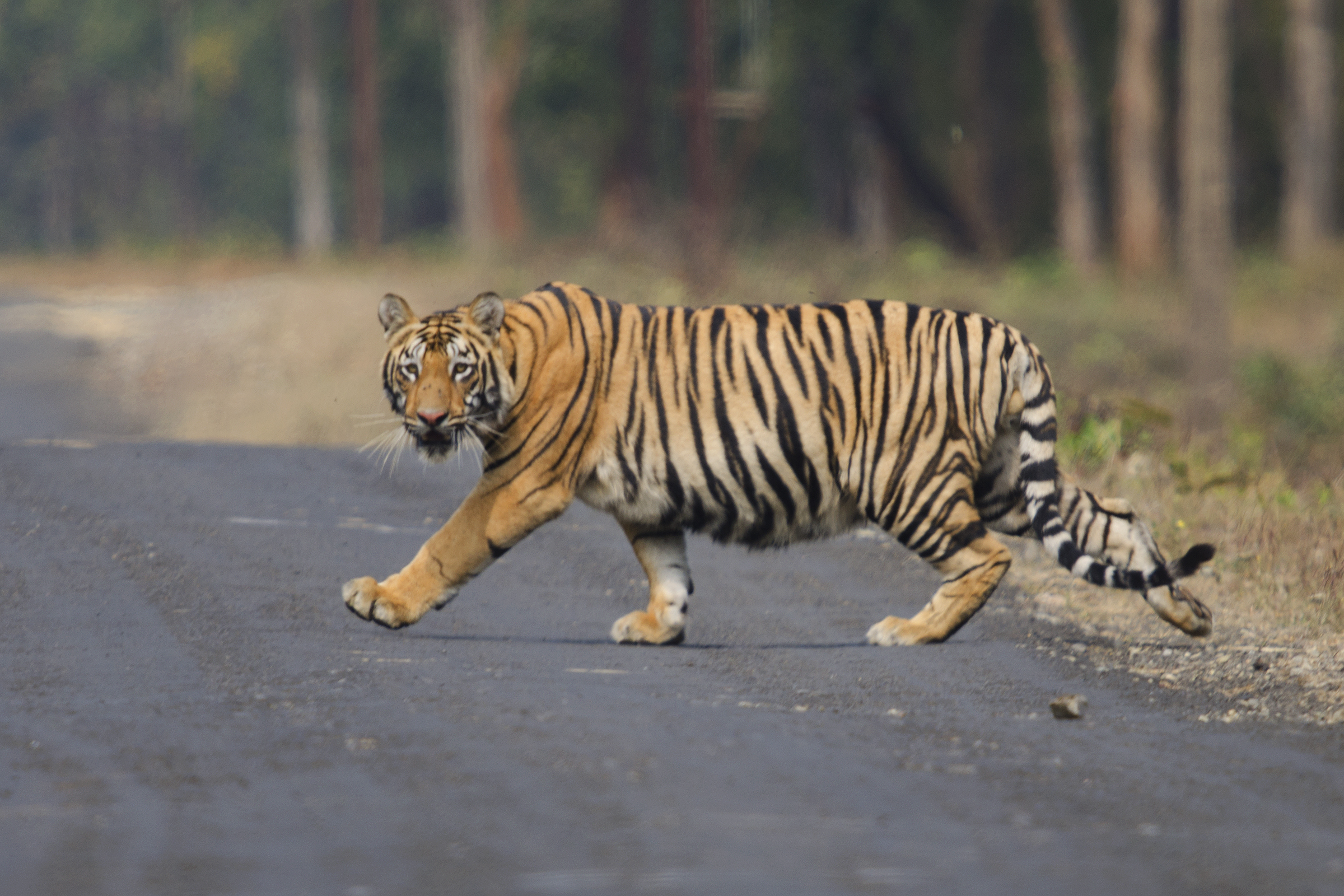 A complete mapping of Religious forests in the world, India included, is being undertaken by Oxford researchers with an objective of identifying religious forests that are rich in biodiversity and having highest number of endangered species. The study envisages assessing these religious forests round the world, enabling scientists to work with religious and community groups with a face to face interaction.
A complete mapping of Religious forests in the world, India included, is being undertaken by Oxford researchers with an objective of identifying religious forests that are rich in biodiversity and having highest number of endangered species. The study envisages assessing these religious forests round the world, enabling scientists to work with religious and community groups with a face to face interaction.
According to self estimates of Religious communities, Religious forests accounted up to 10% of world’s total forests. These religious forests are since then being managed by community elders or religious communities with no formal protection to these forests.
The research studies are involved in assessing the extent of global coverage of these religious forests and evaluate them in terms of bio-diversity and land use by local communities.
Of particular relevance are the field studies conducted by Dr.Shonil Bhagawat, one of the experts in the research study and a senior Research Fellow in the School of Geography and environment. His studies revealed that in some of the regions pertaining to India, there was a sacred forest for every 300 hectares and sometimes the largest such sacred forests were over 100 hectares. Out of 28 Indian states, in 19 states, conservative, traditional practices co- existed with modern protected areas.
Till now efforts to map Religious forests were confined to mainstream religious groups. The Alliance of Religious communities (ARC), has now joined hands with another group of scientists from SANASI, a similar project, to identify and assess all religious forests; even the ones managed by smaller groups.
The focus of research will now be on evidence based assessment , which ensures complete protection to biodiversity hot spots through official channels like National or regional governments.
The field studies shall include personal interaction with local communities of forests, sacred forests and initially India and Ghana are selected for this purpose. This would enable develop links and gather data on the scientific significance of these forests.
The research team consists of eminent scientists; Dr.Shonil Bhagawat, graduate student Ashley Massey of the bio-diversity institute and Professor Kathy Willis. They do have a unique task on hand- To create an evidence- based database on Religious forests found throughout the word.
Related Stories:
India’s claim of Increased Forest Cover may be False say Researchers
Researchers Discover New Plant Species in Kerala
Delhi Weed’s DNA provides answers to a Plant’s Survival Skills
Article reference: zeenews





One thought on “Oxford Researchers to Map Religious Forests across the World Including India”